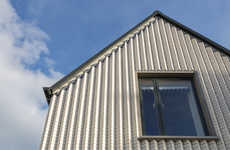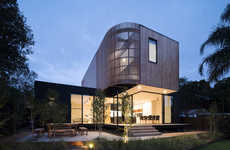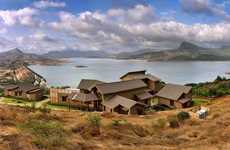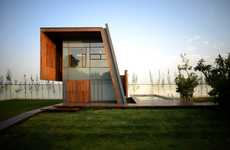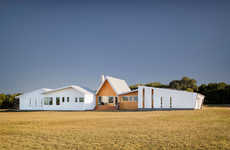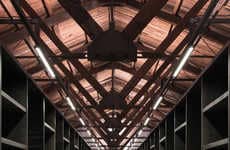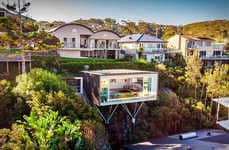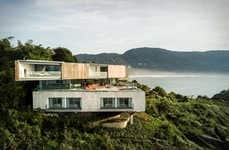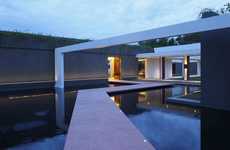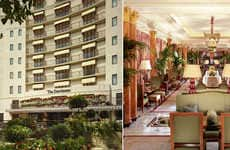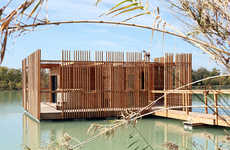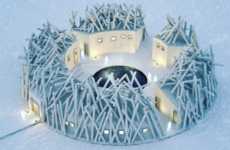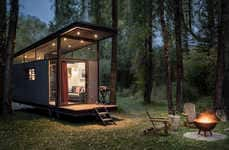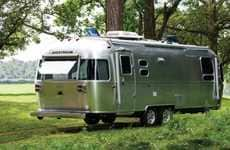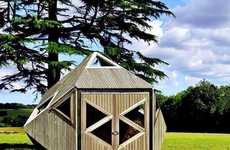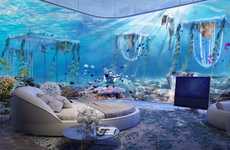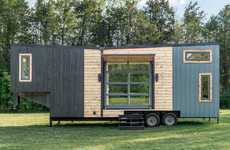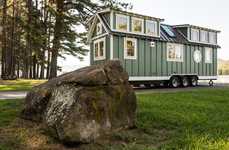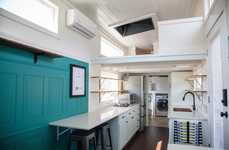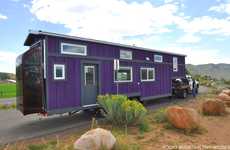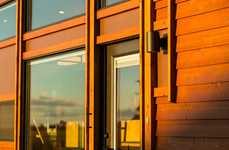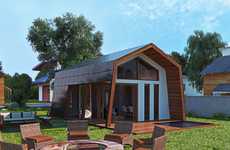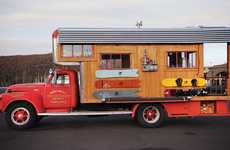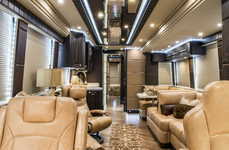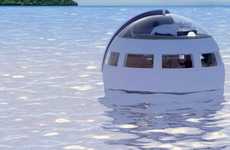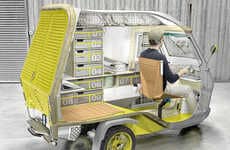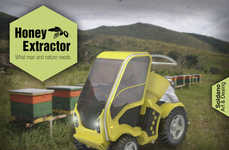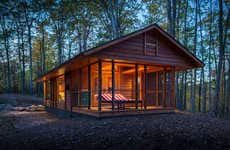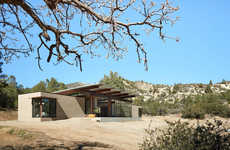
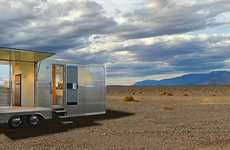


Travel accommodations become ecological via self-sustainability
Implications - Self-sustaining hotels and mobile homes are increasingly common as brands and consumers seek out more eco-friendly forms of production and consumption. These self-sufficient spaces take a load off of the environment, while also giving consumers a sense of purpose during their travels.
Workshop Question - How could your brand better integrate a sense of purpose into its products/services?
Trend Themes
1. Eco-friendly Accommodations - As consumers become more environmentally conscious, creating sustainable travel options like HofArc Living Vehicle and Minimaliste Laurier Tiny Homes can be a disruptive innovation opportunity for hotel and resort owners.
2. Modular Floating Structures - Designers can take advantage of modular architecture, like Pierpaolo Lazzarini's Wayaland, to create mobile and extendable living spaces that appeal to a range of tourists and travelers.
3. Off-grid Luxury Homes - As people seek ways to disconnect from the chaos of urban life, architects and builders can create self-sufficient retreats, like Olson Kundia's Sawmill House, that provide luxurious yet sustainable experiences.
Industry Implications
1. Hospitality - Hotels and resorts can adopt self-sustaining designs to create eco-friendly accommodations.
2. Real Estate - Builders and architects can use sustainable materials to create modular yet luxurious homes and hotel structures that consumers will want to live in.
3. Tourism - Creating designs like Pierpaolo Lazzarini's Wayaland by incorporating great amenities and modular features, can attract a range of tourists, which can lead to higher revenues for travel companies.
